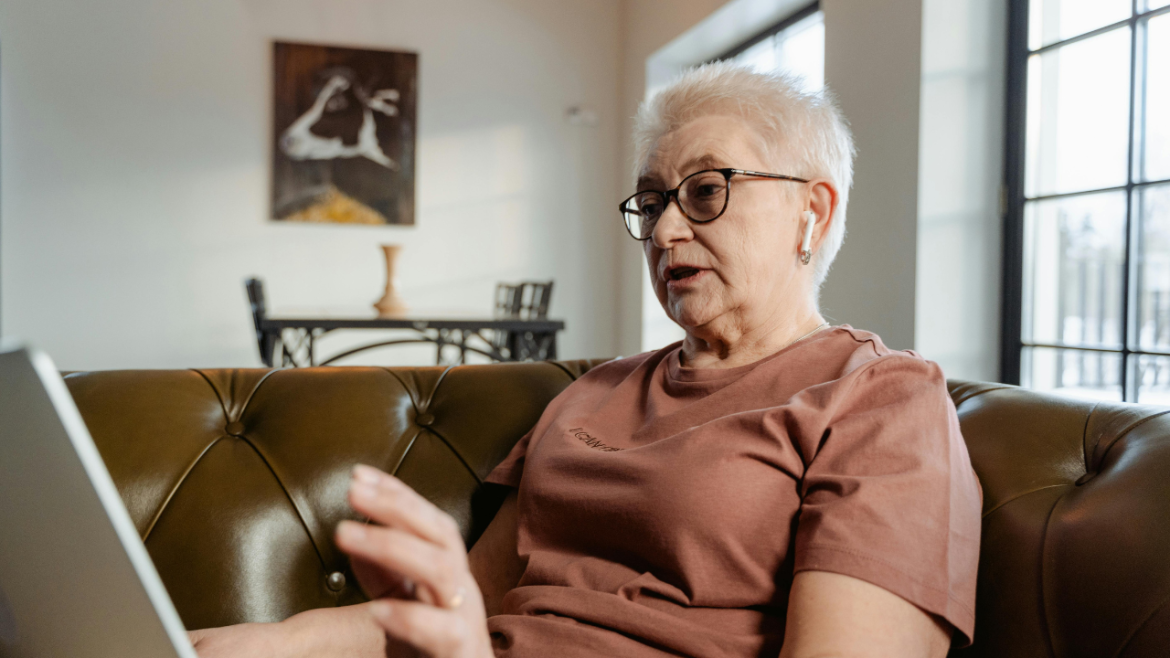Why Are Seniors Refusing To Wear Depends?
Did you know that Leading Edge Senior Care has a Dementia Support Group? We meet monthly in Mesa. For more details <click here>
Why Are Seniors Refusing To Wear Depends?
When it comes to incontinence products, such as Depends, seniors often face a range of emotions and challenges. Many seniors are hesitant to wear these products, and understanding the reasons behind their refusal is essential for caregivers and family members. Addressing these concerns with empathy and practical solutions can improve the quality of life for seniors dealing with incontinence.
Emotional Impact of Incontinence
Incontinence can be a deeply personal and distressing issue. Many seniors feel embarrassed or ashamed about their condition, fearing it is a sign of losing independence. This emotional burden can lead to denial and refusal to use incontinence products. Seniors often worry about being stigmatized or treated differently by others, which can exacerbate feelings of isolation and depression.
Concerns About Dignity
Dignity is a fundamental aspect of a person’s well-being. For many seniors, wearing Depends can feel like a loss of dignity and self-respect. They may associate these products with a lack of control over their bodies, which can be difficult to accept. Maintaining dignity is crucial for seniors, and finding ways to address incontinence without compromising their sense of self is important.
Discomfort and Physical Issues
Comfort is a significant factor in the refusal to wear incontinence products. Some seniors find Depends to be uncomfortable, causing irritation or rashes. The fit and feel of the product can affect their willingness to use it. Additionally, physical limitations or medical conditions, such as arthritis, can make it challenging for seniors to put on or remove these products independently, leading to frustration and reluctance.
Lack of Awareness and Education
Many seniors may not fully understand the benefits and advancements of modern incontinence products. They might have preconceived notions about these products based on outdated information or past experiences. Educating seniors about the latest features, such as improved absorbency, odor control, and discreet designs, can help alleviate some of their concerns and encourage them to consider using Depends.
Psychological Barriers
The psychological impact of incontinence should not be underestimated. Seniors might fear that using incontinence products signifies a decline in their overall health or capabilities. This fear can be a significant barrier to acceptance. Addressing these psychological barriers requires a compassionate approach, emphasizing that using Depends is a practical and positive step toward managing incontinence and maintaining an active lifestyle.
Role of Caregivers and Family
Caregivers and family members play a crucial role in helping seniors navigate the challenges of incontinence. Open and empathetic communication is essential. Instead of insisting on using Depends, caregivers should listen to the seniors’ concerns and validate their feelings. Working together to find comfortable and acceptable solutions can make a significant difference. For instance, exploring alternative brands or styles that offer a better fit and comfort might be helpful.
Exploring Alternative Solutions
In some cases, seniors might be more willing to use other types of incontinence products or strategies. These can include absorbent pads, bed protectors, or even bladder training exercises. It’s important to involve seniors in the decision-making process, allowing them to choose options that they feel most comfortable with. Offering choices and respecting their preferences can enhance their sense of control and cooperation.
Encouraging Open Dialogue
Creating an environment where seniors feel comfortable discussing their incontinence issues is vital. Encouraging open dialogue about their concerns and preferences can lead to better solutions and improved compliance. Caregivers should approach the topic with sensitivity, avoiding judgment or criticism. By fostering a supportive atmosphere, seniors may feel more at ease and willing to consider using Depends or other incontinence products.
Providing Practical Assistance
For seniors with physical limitations, providing practical assistance with using incontinence products can alleviate some of their reluctance. This assistance can include helping them find the right size and fit, ensuring the products are easily accessible, and offering support with changing and disposal. Practical help can reduce the physical and emotional burden on seniors, making them more open to using Depends.
Conclusion
Understanding why seniors refuse to wear Depends involves recognizing the complex emotional, physical, and psychological factors at play. Addressing these concerns with empathy, education, and practical solutions can make a significant difference. By respecting their dignity and involving them in the decision-making process, caregivers can help seniors manage incontinence more comfortably and confidently.

